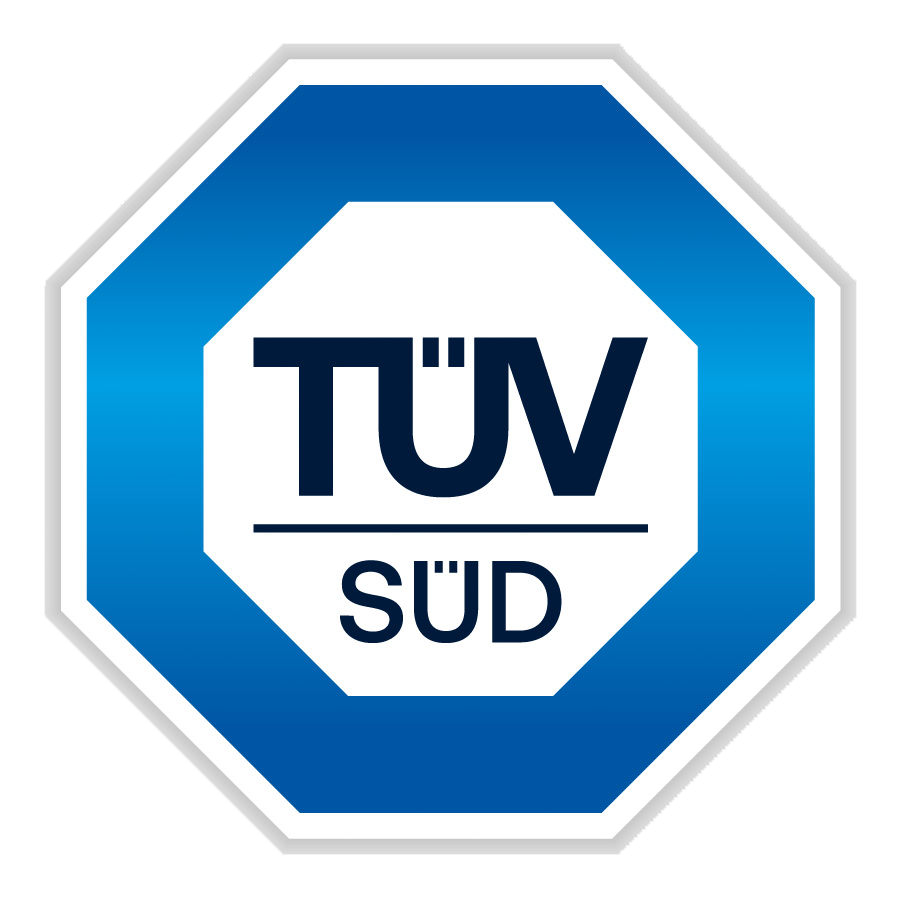Course description
As demand increases, environmentally friendly green hydrogen is becoming a cornerstone of sustainability. The catch, however, is that global sustainability standards for the entire hydrogen supply chain are still to be established. Green hydrogen and sustainability are closely linked because it is produced from renewable energy sources, such as wind or solar power. Learn more about EU and global certification options, paving the way for eco-friendly production and continued market growth. Walk through the Mass Balance and Book & Claim approaches and understand the different certification standards, such as our TÜV SÜD Standard CMS 70 “GreenHydrogen”. Discover the many types of proofs available to ensure the sustainability of green hydrogen supply. Furthermore, get insight into the certification schemes pertinent to gaining market entry, comprehend the certification procedure, become familiar with the voluntary schemes within the European Union, and learn about the global standards.
Who should attend?
This course is specially designed for Auditors, project developers, hydrogen producers, authorities, certification bodies, gas suppliers, traders, companies with certification request and end-users.
Your benefits
- This training will show you how green hydrogen can contribute towards a carbon-free and sustainable future and how green hydrogen can be certified.
- You will learn how the certification process is set up in general and who the involved parties are.
- The green hydrogen training certification can be achieved at any flexible time on your computer.
- You will gain insight into recent developments in this sector based on the knowledge and many years of experience of our TÜV SÜD experts.
Course content
- Definition of green hydrogen
- Green hydrogen from a perspective of sustainability
- Selling options for green hydrogen worldwide
- Differences between Energy Attribute Certificates (EAC) and Proofs of Sustainability (PoS)
- Certification standards and international schemes
- Steps to certification
- Red II Compatibility (EU Voluntary Schemes for RFNBO)
Methodology
Self-paced, Flash cards, Video, Quizzes/Interaction
Duration: 90 minutes
Course description
Global and complex supply chain pose diverse challenges when it comes to complying with human rights and environmental protection obligations. In this E-learning you will get an overview of the requirements that the Supply Chain due Diligence Act (LkSG) brings with it for the companies affected by law, but also for companies in the supply chain. Furthermore, you will learn how to implement the due diligence process in eight steps.
Who should attend?
This course is specially designed for everyone involved in the sustainability process and procurement process, especially from the areas of purchasing, quality, import, marketing, communication, controlling, corporate strategy and others.
Course objective
In this course you will gain following key benefits:
- Understand what are the requirements of the Supply Chain due Diligence Act, no matter if you are a company affected directly by law or supplier in the supply chain
- Learn how to implement the due diligence process in 8 steps
- Learn about legal and social requirements related to the due diligence and responsibility in the supply chain
Course content
- Contents of the LkSG and associated duties of care
- The 8 steps of the due diligence process
- What does the LkSG mean for suppliers?
- What are the EU requirements?
Methodology
The course employs a variety of training tools such as content-embedded assessment, animations, and other interactive exercises to enhance instructional delivery. Easily accessible via your preferred choice of device, the course allows you to log in and learn whenever, wherever.
Duration: 60 minutes
Course Description
The course aims to:
- provide basic and concrete input to employees and partners to raise awareness of social responsibility and sustainability promoted within the company;
- offer an overview of what Corporate Social Responsibility means and “how” and “why” a CSR strategy is set up;
- support interested parties to engage in a project linked to sustainability issues.
Who will benefit
This course is specially designed for CSR Manager, Communications and Marketing Managers, Management System Managers and all the people who need to raise awareness of corporate social responsibility and sustainability.
Course Objective
The E-learning course aims to provide basic and concrete input to employees and partners to raise awareness of social responsibility and sustainability promoted within the company and offer an overview of what Corporate Social Responsibility means and “how” and “why” a CSR strategy is set up. It shall also support interested parties to engage in a project linked to sustainability issues.
Course agenda
Topics to be covered in this course include:
- the concepts of sustainability and CSR
- CSR elements, towards a CSR strategy: Materiality analysis
- Stakeholder engagement
- Definition of Priority
- Implementation
- Monitoring
- Communication
Methodology
The course employs a variety of training tools such as content-embedded assessment, simulations, and other interactive exercises to enhance instructional delivery. Easily accessible via your preferred choice of device, the course allows you to log in and learn whenever, wherever.
The cumulative duration of the programme is 60 min.
Course Description
- Increase awareness on the ESG topic by placing it in the wider context of sustainability, of national and international regulation, and risk management activities
- Introduce the concept of ESG factors and risks and describe how they might affect organizations and/or financial institutions
- Provide an overview on the integration of ESG in organizations especially focusing on “why” and “how” to assess and integrate ESG risks.
- Support interested parties in the categorization, management and mitigation of ESG risks.
Who should attend
CSR Managers, Sustainability Managers, Management and Strategic Consultants, Financial operators dealing with ESG issues (e.g. Senior Bankers), ERM (Enterprise Risk Management) Managers.
Course Objective
- Know the key concepts of ESG
- Understand and interpret the concepts
- Understand some methodological tools
Course Agenda
- Current sustainability and climate change context, including the regulatory framework at the EU level,
- Social and environmental pressures on the current financial system and the challenges for the sector in the future,
- Key environmental, social and governance issues, and their relevance for financial institutions,
- Recognizing climate related, social related and governance related risks and opportunities and managing their financial impacts,
- How to rewire risk management frameworks in financial institutions to include ESG risks and factors.
Methodology
The course employs a variety of training tools such as content-embedded assessment, animations, and other interactive exercises to enhance instructional delivery. Easily accessible via your preferred choice of device, the course allows you to log in and learn whenever, wherever.
Duration: 60 minutes





